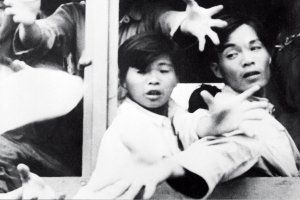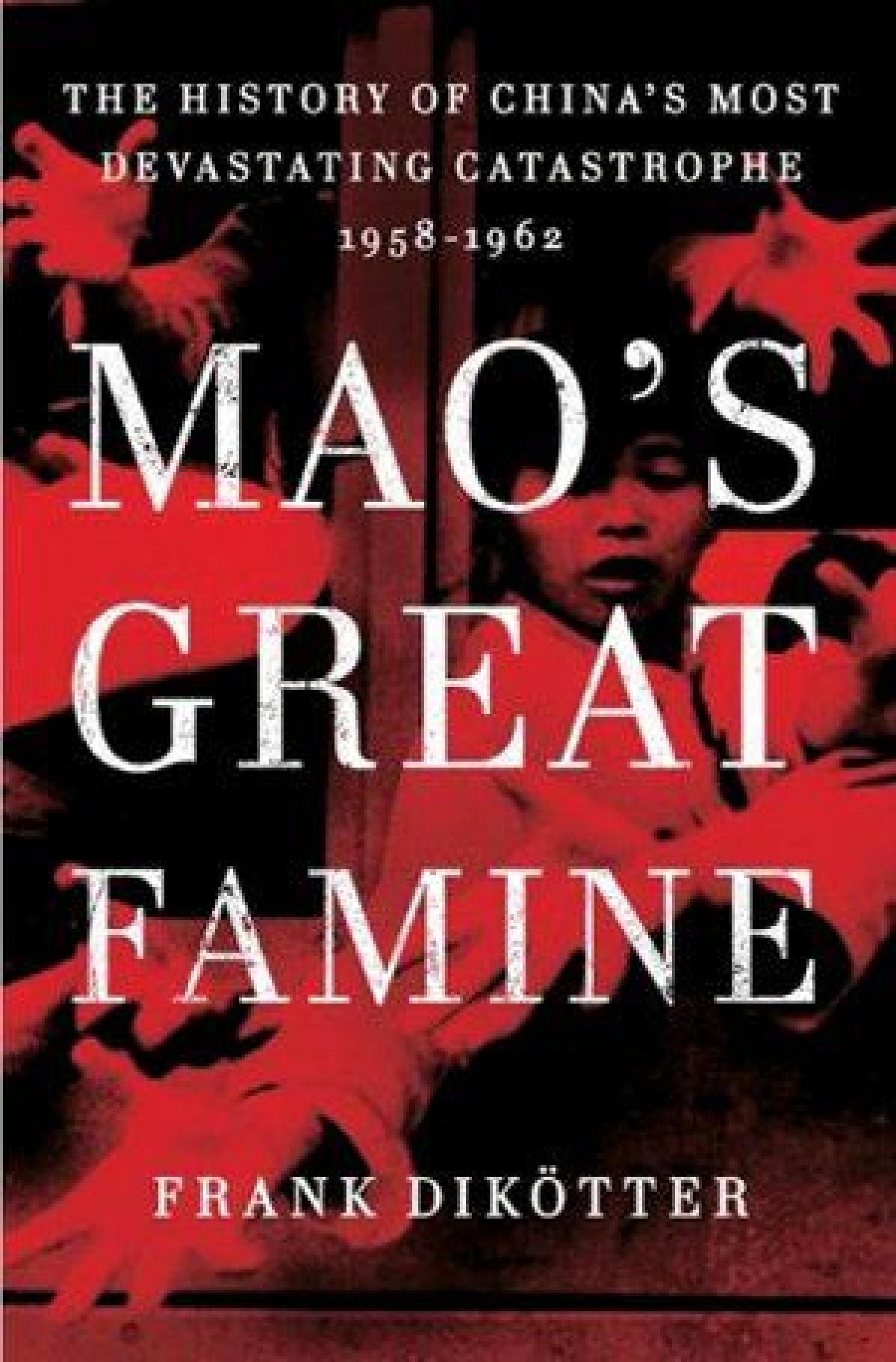
The Great Leap Forward, the period from 1958 to 1962 that saw the deaths of an estimated 45 million Chinese, lacks the heft of horror associated with Hitler's and Stalin's genocides. Indiscriminate and directed inward, it is still often viewed as a quixotic campaign to build a communist paradise that led instead to grain shortages. The Chinese refer to this era as "the three years of natural disaster." But according to Mao's Great Famine, a new book by Frank Dikötter, a historian at the School of Oriental and African Studies, the party is largely to blame not just for causing the disaster, but also for heightening it through "coercion, terror, and systematic violence." Using a wealth of recently released material—including letters from farmers, surveys of factory working conditions, and reports compiled by the party itself—Dikötter shows that at least 2.5 million of the victims were tortured to death or summarily killed.
This emphasis on how party violence exacerbated the death toll sets Dikötter's book apart from other studies of the Great Leap Forward. "I think historians have seriously underplayed the violence that accompanied the Chinese Communist Party rule under Mao," says Jasper Becker, author of Hungry Ghosts, one of the first full accounts of the famine to appear in English. "Frank's book redresses the balance."

During the Great Leap Forward, local cadres terrorized peasant to reach grain-production targets. "As many as half of all cadres regularly pummeled or caned the people they were meant to serve," Dikötter writes. He quotes an official as saying, "If you want to be a party member, you must know how to beat people." Resting or pilfering food could be a capital offense. "Liu Desheng, guilty of poaching a sweet potato, was covered in urine," Dikötter writes. "He, his wife, and his son were also forced into a heap of excrement. Then tongs were used to prise his mouth open after he refused to swallow excrement. He died three weeks later."
As the justice system collapsed, local leaders sent millions to labor and reeducation camps. "A brutal regime combined with widespread starvation to bury one out of every four or five inmates," Dikötter writes. Camp death rates ranged from 4 to 30 percent a year.
Dikötter condemns the party for culling the weak and unreliable. The leaders "glorified violence and were inured to massive loss of life. And all shared an ideology in which the end justified the means," he writes. Mao wanted his society to "leap forward" into the ranks of industrialized nations, at any cost. Dikötter exposes a top-secret 1959 meeting in Shanghai in which Mao ordered state agents to seize a third of the grain harvest for export and use in the cities. "If you don't go above a third, people won't rebel," Mao said. His premier, Zhou Enlai, relentlessly pushed for higher grain requisition to sell abroad in order to pay for such things as steel mills, cement kilns, glass factories, and oil refineries. As exports rose, rice became a staple in East Germany, while peasants throughout China ate tree bark.
Remarkably, Dikötter failed to locate any nonpropaganda photos for the book. Few are thought to exist. He describes meeting a Chinese researcher who came across "a few horrific photos of the corpse of a child who had been cannibalized, chopped up, and put in a pot." The rest of the surviving photos, Dikötter hypothesizes, "are safely locked away." In an interview, he expressed doubts about the book's title: "The term 'famine' is very misleading. It ought to be 'genocide.' " Books like his may help force the atrocities, and the debate, back to the surface.
Uncommon Knowledge
Newsweek is committed to challenging conventional wisdom and finding connections in the search for common ground.
Newsweek is committed to challenging conventional wisdom and finding connections in the search for common ground.
About the writer
To read how Newsweek uses AI as a newsroom tool, Click here.








